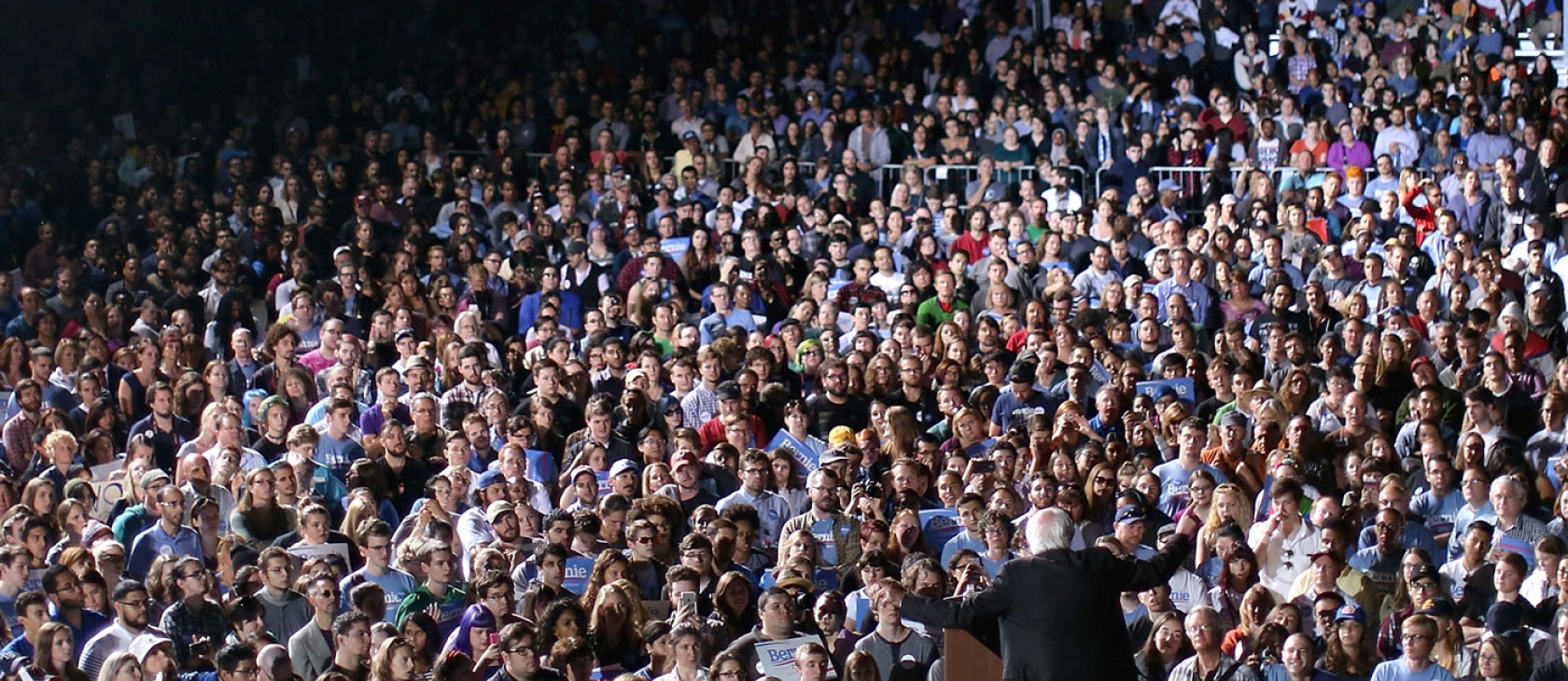Human trafficking is an open wound on the body of contemporary society, a scourge upon the body of Christ. It is a crime against humanity. The very fact of our being here to combine our efforts means that we want our strategies and areas of expertise to be accompanied and reinforced by the mercy of the Gospel, by closeness to the men and women who are victims of this crime. – Pope Francis, in his address at a 2014 Conference on Human Trafficking.
On January 1, 1863, President Abraham Lincoln issued the Emancipation Proclamation. While it did not entirely end the practice of slavery in the United States, it stood as a symbol to many as the end to the atrocious idea that one human being can own another. Lincoln declared that the American government would recognize and maintain the freedom of all people in the seceded states, and that the government would uphold “no act or acts to repress such persons, or any of them, in any efforts they may make for their actual freedom.”
In the minds and hearts of many, both in the United States and elsewhere, this was the end of slavery. If only that were so. Slavery, now more commonly known as human trafficking, has not ended. In fact, this human scandal is more extensive than ever.
Today, human trafficking impacts entire industries and job sectors, both legitimate and illegitimate. Monetarily, it is the second largest criminal activity in the world. Only the illegal drug trade is more profitable. The profits generated from human trafficking play an enormous role in national and global economies. There is also the untold human cost. It is, as Pope Francis said, an open wound on humanity.
Human trafficking is broader in scope than most people realize. According to the United Nations Office on Drugs and Crime, it can be defined as:
the recruitment, transportation, transfer, harboring, or receipt of persons, by means of the threat or use of force or other forms of coercion, of abduction, of fraud, of deception, of the abuse of power or of a position of vulnerability or of the giving or receiving of payments or benefits to achieve the consent of a person having control over another person, for the purpose of exploitation. Exploitation shall include, at a minimum, the exploitation of the prostitution of others or other forms of sexual exploitation, forced labor or services, slavery or practices similar to slavery, servitude or the removal of organs.
According to the Geneva, Switzerland-based International Labour Organization, 21 million people are trafficked annually. (Bear in mind that these numbers are estimates.) Females and children are most at risk: over 11 million women are known to be trafficked every year, and five and a half million children ages 18 and under.
Trafficking knows no boundaries. There is no country that is immune, no demographic that is untouched.
Jerome Elam appears to be an unlikely victim. He is a journalist and a former Marine. Yet his story illustrates that human trafficking is not a crime limited to Southeast Asia or to drug-addicted prostitutes on street corners.
Following my mother’s divorce from my biological father, her life began a downward spiral that left me abandoned and alone, vulnerable to those who prey upon the innocent. My mother’s world existed at the bottom of a bottle and when she met a man who began to molest me, alcohol facilitated her complete escape from the reality of what was happening to me. My mother eventually married the man and before long he shared me with the pedophile ring he belonged to. Soon I was being trafficked sexually, trapped by threats of violence against my mother and forced to take cocaine and alcohol.
For seven long years I was trapped in a hell no one deserves. I was nothing more than a shell of a human being enduring suffering and torture at the hands of psychopaths and sociopaths as the world looked on. I attended school, and from the outside appeared to be a "normal child," but I was being trafficked in plain sight.
It was 1970 in the southern U.S.; Elam was just five years old when his abuse began.
Why does human trafficking continue to thrive? It thrives because of two of humanity’s deadliest sins: greed and lust. It is estimated that human trafficking generates over $150 billion in annual profits, with two-thirds of that from sexual exploitation.
In the next 10 years human trafficking, if left unchecked, will become more profitable to criminals than drugs and arms sales, growing in both the developed and developing world. It is our duty to mend this “open wound” which threatens to hinder true human flourishing.
This essay was adapted from Elise Hilton’s A Vulnerable World: The High Price of Human Trafficking (Acton Institute, 2015).



